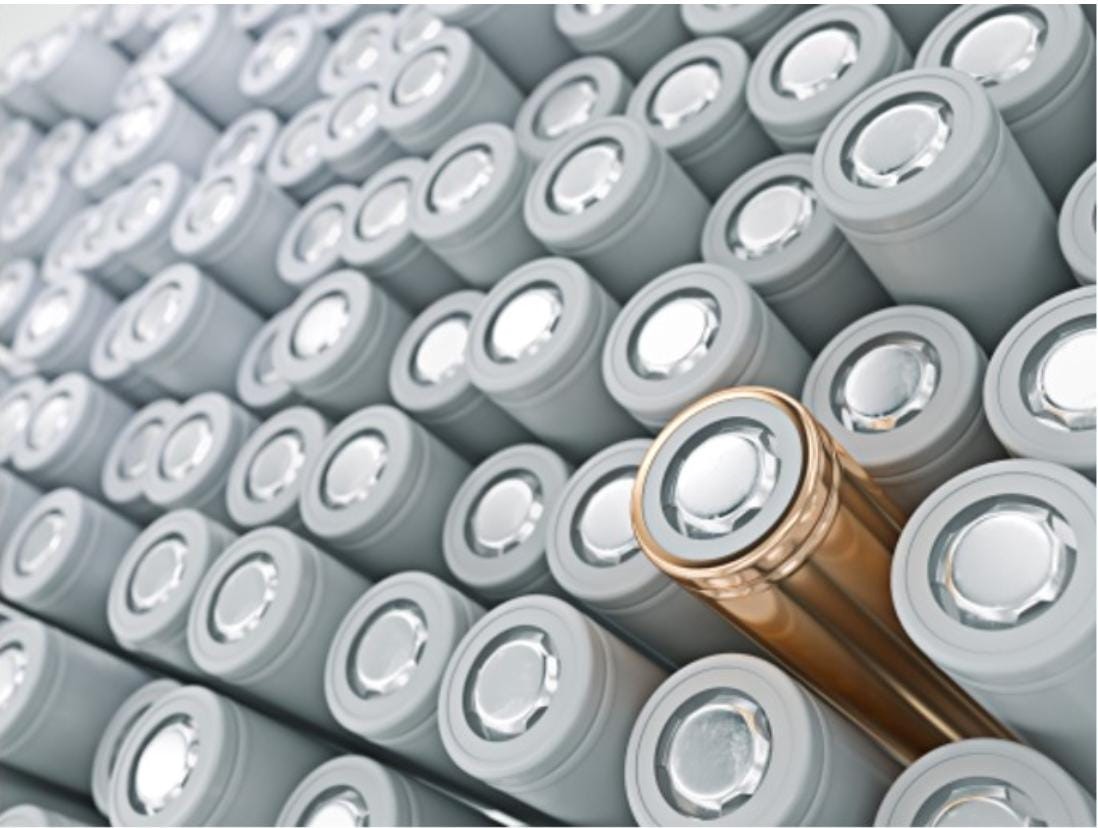

Graphene Manufacturing Group from Brisbane was found advocating for its zero-carbon graphene aluminium ion battery that is supposedly 70 times swifter than a lithium-ion battery and can be plugged in and used innumerable times. The company claims this flagship product can alter the course of the Australian energy market in a few years.

The continuously emerging use of alternative sources of energy, such as solar power, has been pressurising Australia's old energy grid system for a very long time. Demand for conventional energy sources also plunged during the last few months.
Dr Alex Wonhas, the board member of the Energy Corporation of NSW, exclaimed that there was an immediate requirement for more investments in technologies that could store energy yielded from solar cells.
To this urgency, the Graphene Manufacturing Group answered, and as the managing director, Craig Nicol, said: "We need batteries of all different types to be able to manage the massive swings in electricity in the grid."
Nicol, also the founder of Graphene Manufacturing Group, is very positive about their joint venture with the University of Queensland, from where all the experiments to make this graphene aluminium ion battery successful were conducted.
He also claims that the company is the only one in the world creating its own graphene from natural gas — a nanomaterial comprised of one layer of carbon atoms that is thin, rigid and a perfect conductor of electricity. They have been developing the technology for the last six years.
"There's a tech here that I think will really help with the energy transition, and so the Queensland government coming out and saying, 'We want to push ahead' is a huge step forward," Nicol opened up to sources.
Though the company's graphene battery is under laboratory production capacity now, there are plenty of opportunities for these in the upcoming days, with increasing demand from the drone applications and vehicles industry.
Mr Nicol also revealed that the company has not yet created an AA battery till now but was calmly working to develop a 2023 coin cell battery which would be vastly used in remote controls and toys deemed to be safe for kids.
"We have done tests, and we don't think there are going to be any safety issues with our battery," he confirmed.
Mr Nicol also mentioned that graphene batteries are the greatest innovations which have the potential to lead the future as they can be charged and used for many days at a stretch.
"It's not like a lithium battery, which typically takes 500 cycles, and then it has to be replaced," he boasted.
"Ours is effectively like a hybrid supercapacitor battery, which can be charged thousands of times. These are really world-leading as the last time anyone did anything on aluminium batteries was Stanford, and ours is four times better than Stanford's," Nicol claimed.
Responses








